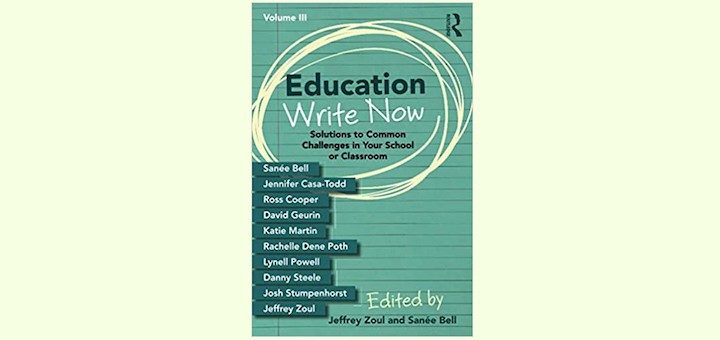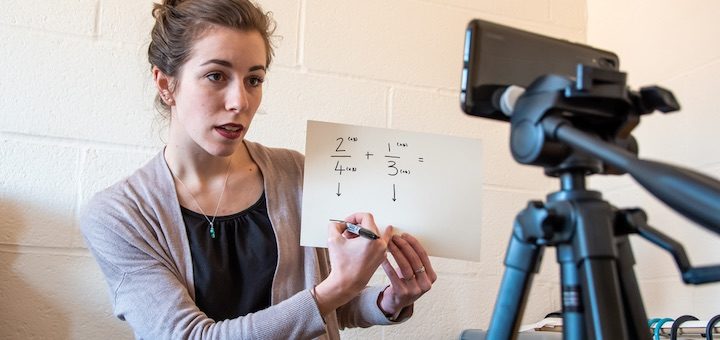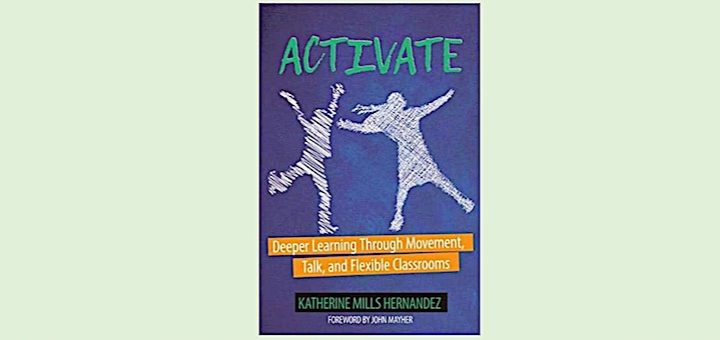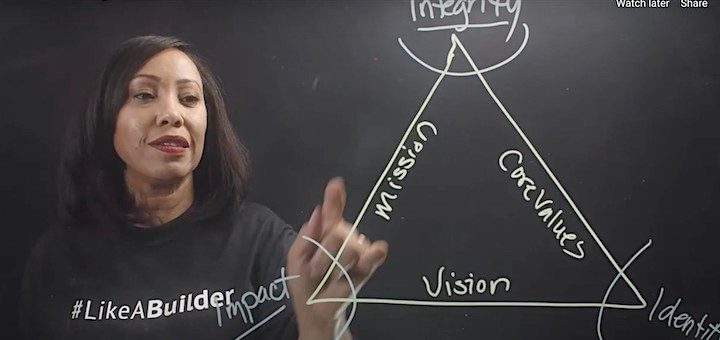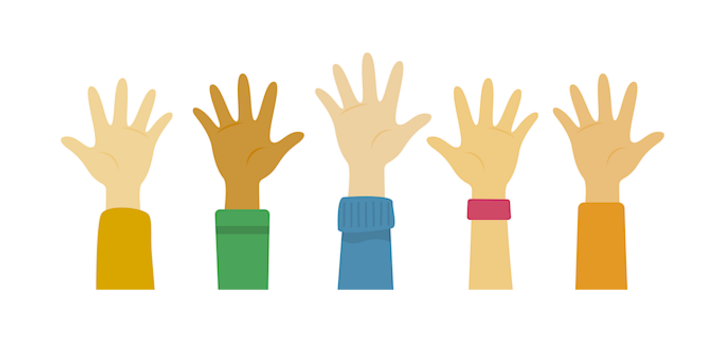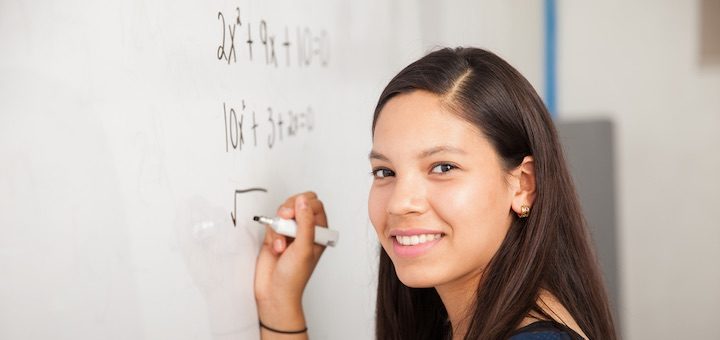Teaching and learning in grades 4-8
Helen Keller was real, despite what some TikTok’ers posted in 2021. Help history students uncover and affirm actual history using gaming techniques to spur engagement. Rochelle Melander shares how she has tweaked research to include questing with allies, power-ups and more.
Discover solutions to common class and school challenges in Education Write Now, Volume III, which brings together the expertise of ten writers. It’s a perfect book for right now as teachers deal with extra stress and search for quick and effective solutions, writes Linda Biondi.
Watching her teenager struggle through a day of virtual learning, teacher Dina Strasser is trying to not lose what we’ve learned about supporting kids and parents through the pandemic challenges, retaining the patience and concern so needed to buoy our school communities.
Education stakeholders agree that student engagement is essential. The challenge arises when we’re asked to define and measure it. Curtis Chandler shares a number of free methods and tools educators can use to measure three types: behavioral, emotional, and cognitive.
Amid all the other challenges of pandemic education, principal Rita Platt has noticed an uptick in communication breakdowns between teachers and parents this year. Platt relates several stories that prompted her to share some parent/teacher do’s and don’ts with staff.
Back in her beloved Room 4T after eight months of virtual teaching, Mary Tarashuk considers how The Jetsons cartoon show influenced her nine-year old self decades ago – and what she needs to teach her mostly white, suburban 4th graders about life in the real future.
In “Activate: Deeper Learning Through Movement, Talk, and Flexible Classrooms” Katherine Mills Hernandez shows how we can be strategic and novel in our use of movement to support student learning. Elisa Waingort says the book is an important contribution to teacher PD.
Showcasing Robyn R. Jackson’s Buildership Model of leadership, AP DeAnna Miller describes how leaders can move beyond “showing the way” to including teachers in a process that will transform not only our staff and schools but also our way of thinking. DeAnna is ready to start!
What’s the best way to boost student success and excitement for learning? Jackie Walsh believes the answer is to develop kids’ capacity as questioners by strengthening their skill and creating classrooms where learners experience the thrill of asking questions that matter.
Many myths surround math instruction and language learners. Dr. Jim Ewing singles out three that often hold language learners back from high levels of achievement in math class. In his recent talk with Tan Huynh, Ewing described a framework for success that Tan shares here.


